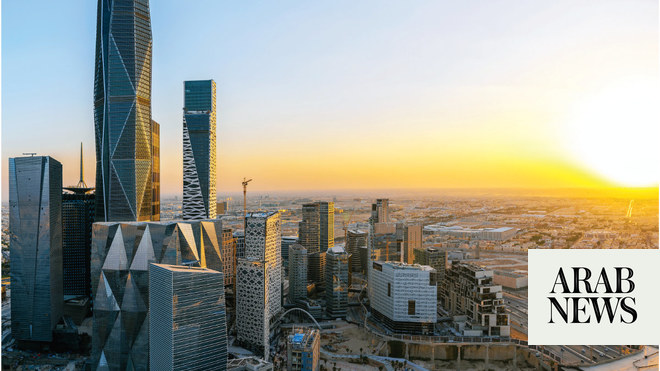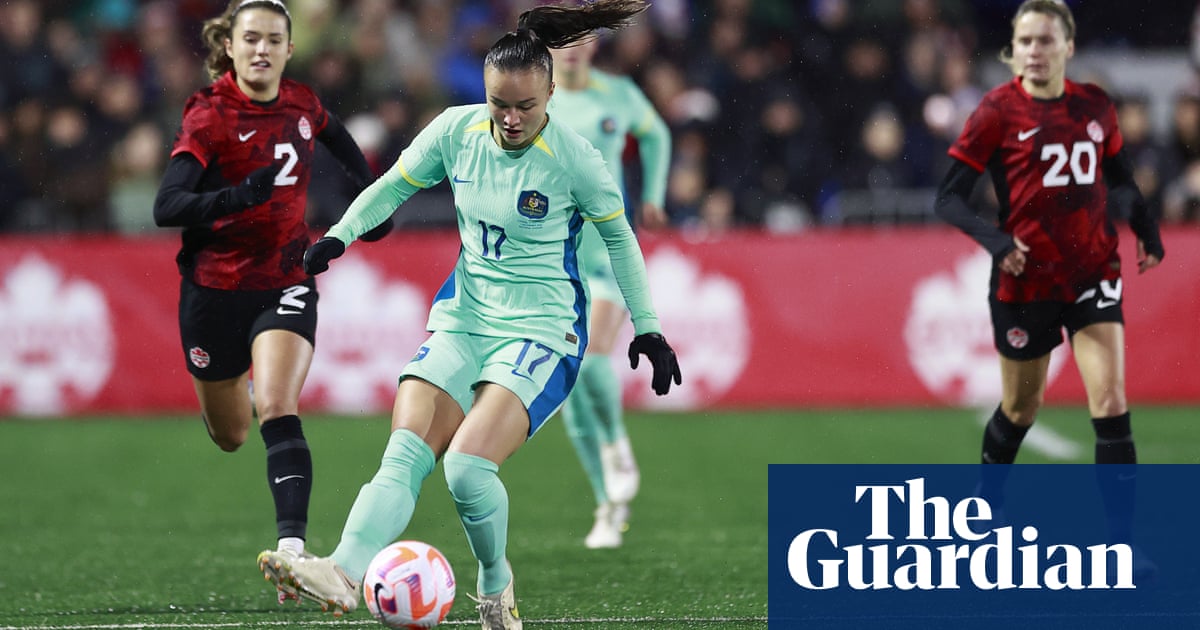
Whether seen as too male, too white, too traditional or not traditional enough, complaints about the Glastonbury lineup have become something of a national pastime. But as it opens its gates for 2024’s edition, the festival can lay claim to one of the most diverse and globe-straddling bills in the British festival calendar this year.
For the first time there are two women among the three Pyramid stage headliners. On Friday Dua Lipa is expected to bring lavish production and thrilling choreography to her relatively small but hits-packed discography, making her the most dance-focused headliner since Basement Jaxx in 2005. On Sunday the American singer SZA becomes the first Black woman, and first R&B artist, to headline the Pyramid since Beyoncé in 2011. The Sunday teatime “legend” slot will also be held by a woman: Shania Twain.
Though for all the innovation and diversity across the lineup, organisers have – to grumbles in some quarters – gone for the safest pair of hands imaginable on Saturday night: Coldplay, the band who have defined Glastonbury more than any other. Their career was kicked up a notch in 2002 after organisers Michael and Emily Eavis gambled on them headlining even before their second album had been released, and 22 years on, this will be their record-breaking fifth time topping the Pyramid lineup.
Alongside SZA, Black artistry is strongly championed elsewhere on the lineup. There are contemporary US greats such as Janelle Monáe and Danny Brown, and multigenerational African artists including pop stars Burna Boy, Tems, Ayra Starr and Moonchild Sanelly, alongside Femi Kuti, 40 years after his father, Fela, played what is regarded as one of the Pyramid stage’s greatest sets.
Two reggae legends mark major anniversaries – 60 years of the Skatalites, and 50 years of Steel Pulse. And there’s the best of Black Britain: Michael Kiwanuka and Olivia Dean have prominent Pyramid slots, as does Little Simz with the biggest gig of her life, playing prior to Coldplay on Saturday night.
Another artist looking forward to a major gig is Jalen Ngonda, the American soul singer who was born in Maryland but has spent the last decade living in the UK after moving to Liverpool to study. It’ll be the 30-year-old’s first time at Glastonbury as either an artist or punter, as he plays the West Holts stage on Sunday. “It’s the biggest festival possibly in the world, so the world is watching,” he said. “It makes each player sometimes anxious, but it’s an exciting time.”
Ngonda has earned 1.3m new listeners on Spotify over the last year, drawn to his full-bodied take on the classic Motown sound, and he is enjoying the acclaim after years spent honing his craft in obscurity. “When you start doing music, you don’t get handed everything – unless you have rich parents, or they know the CEO of wherever,” he says. “If you grow up in an average family, there’s going to be challenges: physical and mental. You’ve just got to find your balance, and not let the challenges overweigh the passion.”
For Ngonda, festivals are becoming more diverse “because the world’s becoming more diverse. God forbid, if we went back to being more territorial and not travelling the world, then we’ll only hear certain music from certain people. But the world’s going to be more diverse as times go by, through migrating and coming together.”
Glastonbury is celebrating migration with a new area in 2024, in place of the old William’s Green stage: Terminal 1, which requires people to answer a question from the UK government’s citizenship test to gain entry. If they succeed, they can experience works by artists such as Love Watts, Yoshi Sodeoka and Turner prize winner Mark Wallinger, and hear music in partnership with two events at the heart of the UK’s African-Caribbean community: Notting Hill carnival in west London and St Pauls carnival in Bristol.
Elsewhere there are the likes of pan-Scandinavian horror-folk troupe Heilung, Ghana’s Alogte Oho and His Sounds of Joy, the 13-strong K-pop boyband Seventeen, Niger guitar virtuoso Mdou Moctar, Cuban-American pop star Camila Cabello, and Palestinian-Jordanian rappers 47Soul. The global feel of the festival will be enhanced by the BBC livestreaming internationally for the first time, with Dua Lipa and Coldplay’s headline slots aired on bbc.com (the broadcaster also has its usual blanket coverage for UK audiences).
Opening the Pyramid stage, though, is a none-so-British act: Squeeze, who are celebrating their 50th anniversary this year. “We’re enormously grateful – it’s a huge privilege,” said the band’s Chris Difford, adding that he was “astonishingly proud” of their milestone. “As I get older I respect more the journey I’ve taken with Glenn [Tilbrook] and Squeeze. I didn’t know what respect was back in the grim days, but when you get past the Dickens days of your life … I’m 70 this year so I’m in deep reflection about the journey that I’ve had.”
The band are working on new music, including finally recording an album of unheard demos from 1974, which Difford said was “very emotional, I have to say. It’s been kind of like an archaeological dig – we’ve been going around with a brush with each song and taking it out of the ground. I think: those young lads had incredible ambition and commitment to writing those songs, and here they are all these years later.”
With the general election happening less than a week after the end of the festival, there’s also a chance for some last-minute campaigning by notable Labour figures: Manchester mayor Andy Burnham and West Yorkshire mayor Tracy Brabin are appearing on panel debates on the Left Field stage (the latter a replacement for Angela Rayner, who has pulled out to focus on other campaigning).
The Guardian’s John Harris will chair an election discussion with Brabin, look at the housing crisis with Burnham, and will host another panel debate on Israel and Palestine. “The festival had this deep tradition of being positioned on the left of politics, and being somewhere for countercultural people to gather, and that side of the festival isn’t as pronounced as it used to be – but it’s still there,” Harris says, citing climate discourse as being particularly progressive. “There are people who have been organising very prescient discussions about the environment for decades – long before that stuff was talked about in formal politics.” This year, two particularly esteemed older activists will appear: British anthropologist Jane Goodall, who is 90, and Indigenous Brazilian tribal leader Chief Raoni, who is in his early 90s.
Difford, whose great-grandfather worked on the now-disused Glastonbury to Bruton railway line that bisects the festival site, also celebrated Glastonbury’s championing of the environment. “It embraces nature like no other festival does,” he said. “The fact that it’s a working farm is an incredible thing. If you go to other festivals, it’s kind of like going to a shopping mall – a little bit on the cold side, at least in my experience. Whereas the Eavis family make everyone feel welcome.”
For all its homely qualities, there will be an extra sprinkling of stardust as a series of major Hollywood names appear on the lineup. Cate Blanchett, Tilda Swinton, Paul Mescal, Andrew Scott, Florence Pugh and Simon Pegg are among those speaking at Glastonbury’s cinema tent, while Russell Crowe is a musical guest on the Acoustic stage.
A “TBA” gap in the schedule on the Woodsies stage is also anticipated to be a star turn, with the rumour mill suggesting it may be filled by UK rockers Kasabian ahead of their new album next month.












